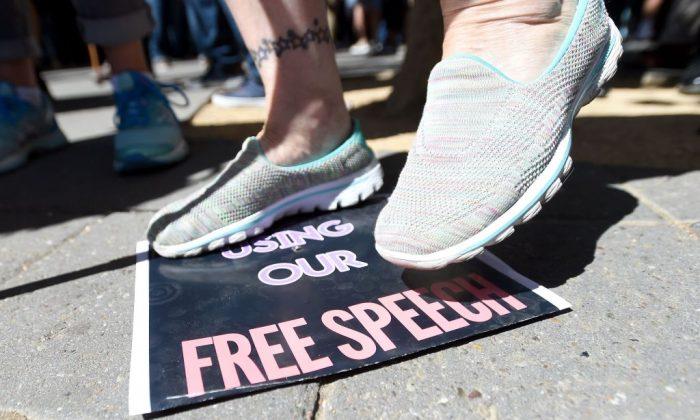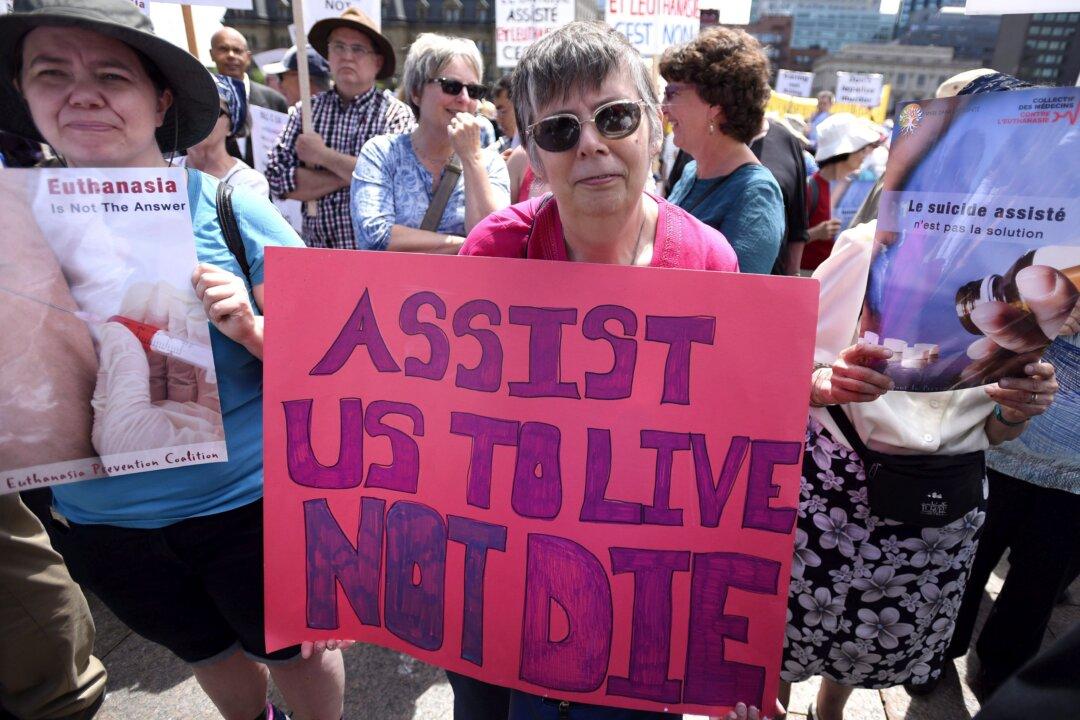The whole world is watching Canada as it awaits the ruling of the British Columbia Human Rights Tribunal in the case of Jessica (formerly Jonathan) Yaniv, a trans woman with male genitalia who filed human rights complaints against 14 women in the greater Vancouver area.
The 14 women are estheticians providing the “Brazilian” bikini wax to female clients. When requesting this intimate service from these women, Yaniv often used a masculine name or photo, and has a stereotypically male voice. Yaniv has stated publicly, including at hearings held this past July, that Yaniv has male genitalia.





